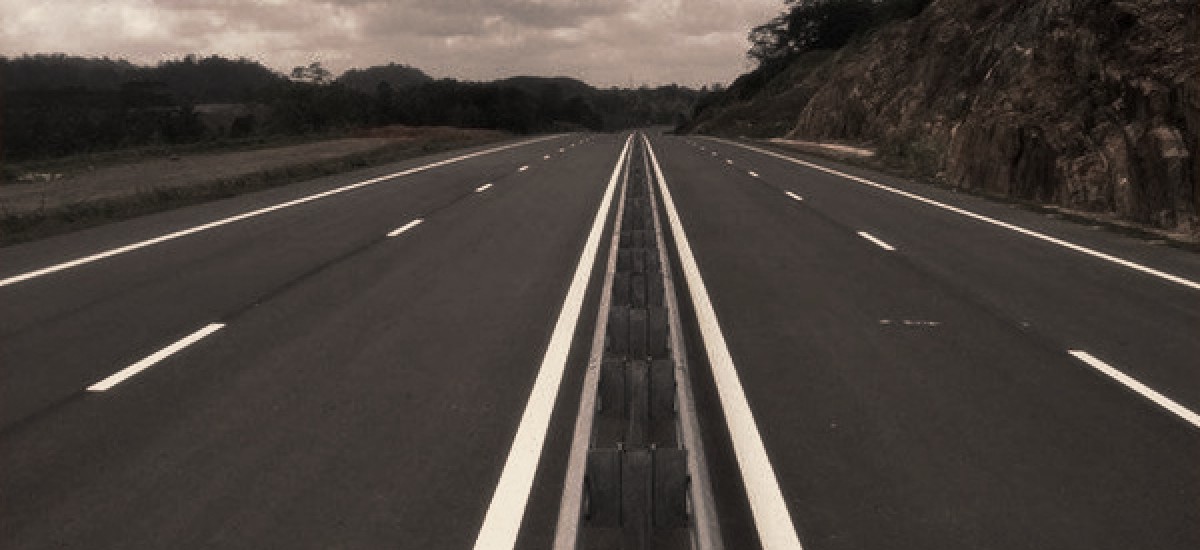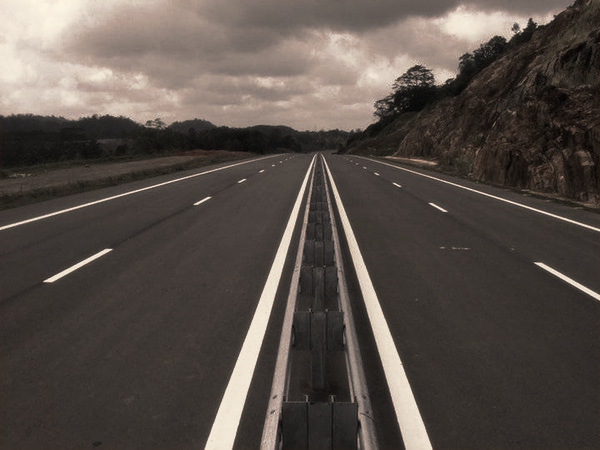Image from Wikipedia
In the current hype on ‘Development’ have any of us questioned its intent? Does it just mean ‘progress’ in the manner referred to by Anada Coomaraswamy when he published the comment that “we who call art significant not knowing of what, are also proud to progress, not knowing wither” ? Wandering aimlessly, with success measured only by an increase in industry and consumerism. The current vision of development certainly could not refer to cultural or philosophical development. So exactly what type of development are we referring to in Sri Lanka when we have various public figures exhorting us towards ‘development’?
It would seem bizarre indeed if it transpired that we have been developing for the past 40 odd years manly in a western consumerist perspective. One of the standard answers to the question of what is development? is that it means economic growth. On this point Prof. Dudley Seers notes, “in fact, it looks as if economic growth may not merely fail to address social and political problems, certain types of growth can actually cause them”. Economic growth, measured by such indices as GDP, is fundamentally dependent on consumption. The more one consumes the better. To consume more, one must crave more, but to us in a Buddhist society the consequences of such action should be obvious. As the Ven. Bengamuwe Nalaka Thera noted: Buddhism clearly states that the cause of suffering is craving. “The first sermon of the Buddha states as follows: “Katamauchauso dukkah ariya sachcha? Yaya tanha pono bhavika nandiraga sahhagta tatra tahtabhi nandani seyyathidau kama tauha, bhava tauha, vibhava tauha” “O! Bhikkhus, what is the cause of suffering? It is this craving that leads to repeated becoming, delighting now here, now there, namely craving for sensual pleasures, craving for existence and craving for non-existence”
A. M. Hockart who was the head of the Ceylon archaeological survey wrote some poignant words in 1922 that bear relevance to the phenomena of creating desire:
“Here is a politician who appeals for help in disturbing the pathetic contentment of Asiatic peasants and is ready to pillory as an inhuman wretch anyone who may wish them to remain contented. Contentment has become a crime, because it opens up no markets for goods or for doctrines, woe to the man who does not want more fish, more art, more science, more education, more speed. Trade has no use for him politics and science abhor him. The men after their own heart is the one who can make two desires grow where only one grew before. What, though he threw to the wind, the old fashion restrains and the time honour virtues? What though his stoops to cringing or insolence, to false wood, even to corruption? He is hailed as a creative artist for he has created desire”.
I wonder how truthful would be an advocate of a Buddhist righteous society, if he or she believes in development in the current context, where craving and greed is encouraged as officially as development?
An example of this process at work can be seen in our desire for oil. Oil is a commodity traded on the world market place. The sellers are few and the customers are many. Anyone even remotely familiar with any aspect of marketing will know that as an item of high demand becomes scarce the price increases correspondently. Such is the nature of market commodities. The old story of supply and demand. So, as oil becomes scarce the price increase will become correspondingly larger. Its development measured by increasing dependency in such a commodity?
In a port city in France, goes a story; there live some of the most unscrupulous criminals. There are the drug traffickers who deal in the cruel drug heroin. Heroin is addictive, it creates a sense of well being; but one requires increasingly large doses to maintain this sense of well being. The victim who begins to take it becomes even more dependent on the drug and freedom from it becomes increasingly difficult. The traffickers it is alleged, give free doses to children in the 12, 13 age group knowing well that the gullible, naïve, children will soon become addicted. When they become addicted they have to pay and the price they will have to pay increases with the addiction. They are trapped in a vicious dependency cycle and there is no way out. They end up being the chattel of the criminals.
Is development to be spell out as dependency on oil? If this is the criterion that governs development and our hopes and sense of well-being is tied to the oil purveyors, how safe are we as an independent nation?
Unfortunately, the power to protect us from these dismal trends reside with the political leadership and their capacity to be sensitive to the long term well-being of the people.
The words of J.R.Jayawardende in his early writings demonstrate such sensitivity. He wrote; “The environment which the State provides today, for building up the character of its citizens, tends not to the establishment of the ideal but to its destruction. The majority of States, including Sri Lanka, stand for “the purely industrial and utilitarian view of life, the cult of power and machinery and national comfort.
Public education, financed by the State, equips the young to fit into this same environment. Even religious organizations preach the ideal, but practice the opposite. In the social world, in the professions, in commerce and in politics, we find the struggle to acquire for self as the dominant factor. The society that comprises the state is a purely acquisitive society: and the sickness we suffer from is the sickness of an acquisitive society.
The politician in power can change this framework. He can change our environment and he can control and direct Education. He can, by legislation, make it impossible for citizens to control wealth and possessions. He can, by public education teach the ideal and mould the young citizen to take his place in a society that is not acquisitive”.
But most perplexing is that, in rising to power, in a complete betrayal of his stated philosophy, he invited consumerist consumption and the robber barons into this nation as the agents of development. Thus a nation must remain ever vigilant to the entry of unsavoury elements into the ‘development’ dialogue. It must remain vigilant of hypocrites who trumpet ‘development’ as an excuse for all of their unsavoury activities. Tragically, a significant feature of today‘s development was begun with the legalizing of gambling and free movement of money, exactly the same policies enunciated by Batista the Cuban dictator at the height of his power to facilitate the entry of the Mafia, which eventually acquired control of that country, spreading misery to the populace.
Can a Buddhist citizenry really accept the current vision of development without being totally hypocritical? To accept greed and desire as a laudable attribute will be to face a future full of suffering, if we accept as true, the words of Gautama Buddha.


